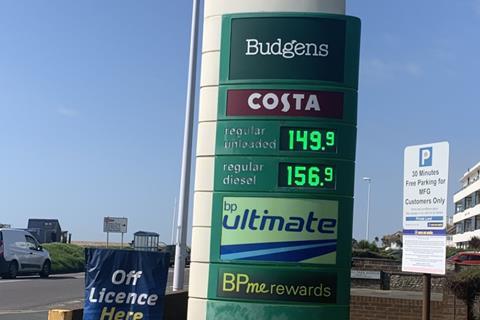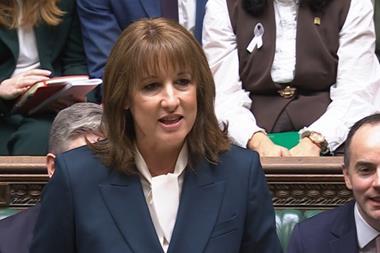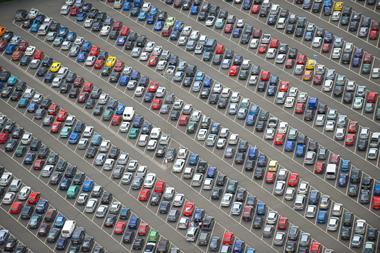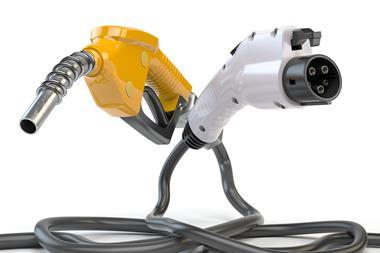
The Petrol Retailers Association says its members are doing all they can to limit pump price rises after warnings that increased tensions in the Middle East could see a litre of petrol soar “well above” 150p.
The RAC said earlier this week that petrol and diesel prices were at their most expensive since November, making 2024 “another tough one for drivers”. It said a 9p increase since January in what motorists pay for petrol had added £5 to the cost of filling up the average family car.
The motoring organisation accused retailers of “taking much bigger margins” on the back of rising wholesale prices, especially on diesel, adding: “We find it hard to believe that a margin of 13p a litre on diesel – compared to the long-term average of 8p – is fair. This surely won’t go unnoticed by the Competition and Markets Authority which only two weeks ago expressed its concern about higher retailer margins.”
Acknowledging that the widening conflict in the region could push up pump prices, PRA executive director Gordon Balmer said he was frustrated at having to “constantly correct the narrative offered by some commentators in the media”, adding that petrol retailers “operate on razor thin margins in a highly competitive market”.
Operators, he maintained, were having to contend with a “substantial increase” in their energy costs and business rates, a higher national minimum wage, and rising levels of retail crime.
“As most will understand, when costs increase and sales reduce, margins must also increase to ensure that the business remains viable,” he added. “If petrol stations started going out of business, the country’s energy security would be compromised, motorists would have to drive further to fill up on fuel, and a substantial number of jobs would be lost.”
An independent operator in Kent, who did not want to be identified, said the situation is more “complicated than they [the RAC] make out” and that retail margins are typically higher on diesel because most of it is sold on company fuel cards at much lower margins.


























